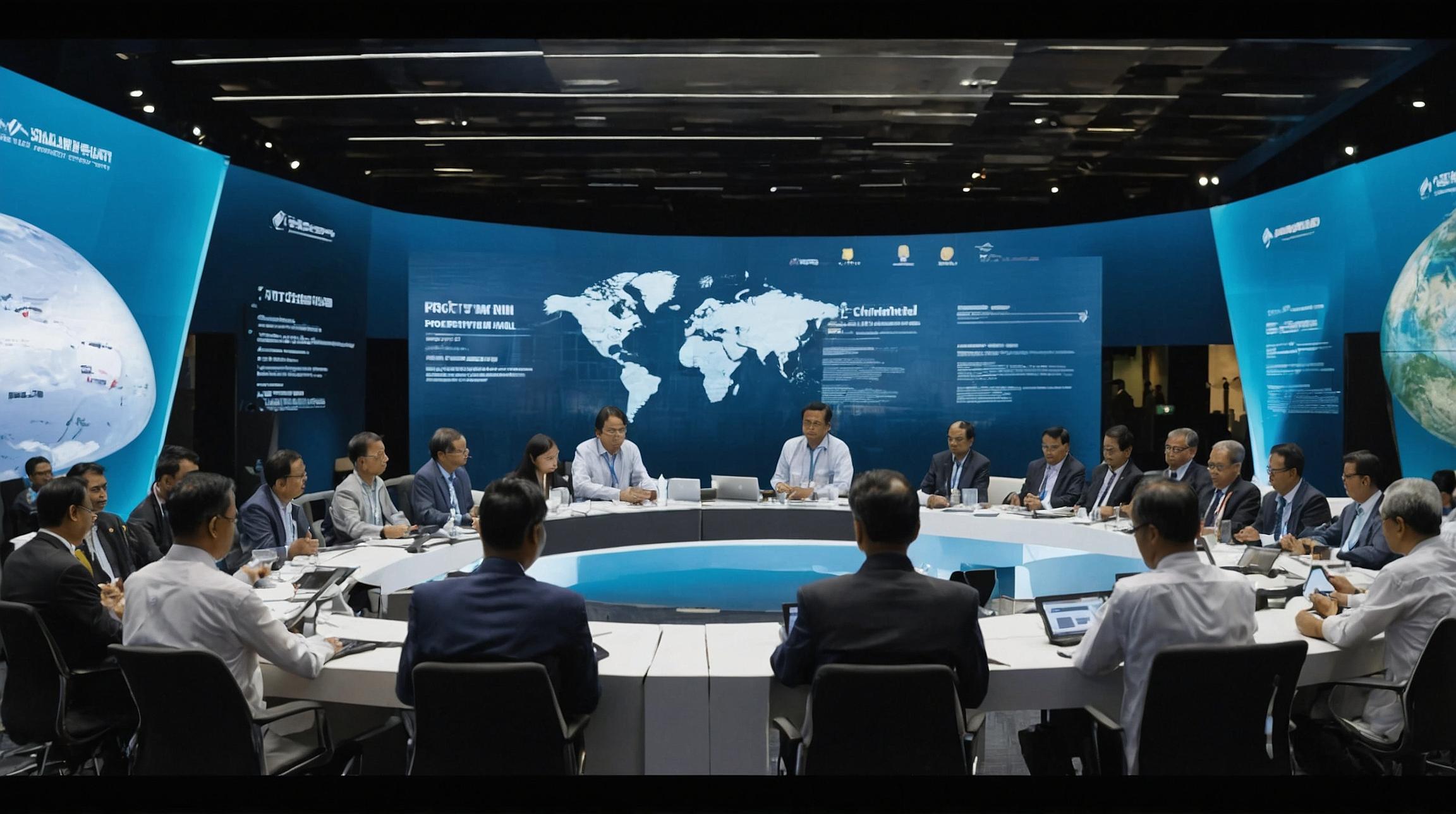ChatGPT, OpenAI’s AI-powered text generator, has dramatically reshaped the artificial intelligence landscape since its public debut in November 2022. Initially a productivity tool for generating essays and code, ChatGPT now boasts 800 million weekly active users as of October 2025, reflecting its widespread adoption across consumers, developers, enterprises, and governments. OpenAI’s 2024 and 2025 have been marked by significant product updates, strategic partnerships, and regulatory challenges. This article chronicles the major developments shaping ChatGPT’s evolution and the broader AI market impact.
Major Product Updates and Feature Enhancements
- GPT-5 Launch: Released in mid-2025, GPT-5 introduced smarter, task-ready AI capabilities, enabling complex workflows such as coding, calendar management, and research briefs with adaptive response modes (“Auto,” “Fast,” “Thinking”).
- Developer Tools: OpenAI enabled developers to build interactive apps directly inside ChatGPT, supported by the new Apps SDK. Early partners include Booking.com, Spotify, Coursera, and Canva.
- Parental Controls: Following safety concerns and a lawsuit linked to teen suicide, OpenAI implemented robust parental controls, allowing linked accounts to limit sensitive content, set quiet hours, and disable features like voice and image generation.
- AI-Powered Shopping: Partnership with Walmart and integrations with Etsy and Shopify introduced Instant Checkout and product browsing directly within ChatGPT, reshaping user e-commerce experiences.
- Image and Voice Features: Upgraded image generation with GPT-4o and enhanced conversational voice mode improved user interaction and accessibility.
- New AI Models: OpenAI released several new reasoning models including o3-pro and o3-mini, alongside GPT-4.1 series focused on coding and instruction-following.
- Open Source Initiatives: OpenAI unveiled open-weight models gpt-oss-120b and gpt-oss-20b to foster community development and transparency.
Strategic Partnerships and Market Expansion
OpenAI’s collaboration with major retailers and platforms has expanded ChatGPT’s functionality beyond conversational AI to integrated commerce and localized services.
- Walmart: Enables product browsing, meal planning, and purchases directly through ChatGPT, with plans to onboard third-party sellers.
- Etsy and Shopify: Instant Checkout allows seamless purchasing within ChatGPT, leveraging payment options like Apple Pay and Google Pay.
- Geographic Expansion: The affordable ChatGPT Go subscription plan extended to 16 Asian countries including India, Indonesia, and several Southeast Asian nations, often accepting local currencies.
- Government Engagement: Launch of ChatGPT Enterprise for U.S. federal agencies at a nominal fee to accelerate adoption in government workflows.
Regulatory and Legal Challenges
OpenAI has faced increasing scrutiny over ChatGPT’s societal impact, safety, and intellectual property concerns.
- Safety and Mental Health: After a lawsuit alleging ChatGPT’s role in a teen’s suicide, OpenAI introduced parental controls and enhanced detection of mental health risks.
- Copyright Litigation: Lawsuits from Alden Global Capital-owned newspapers accuse OpenAI of copyright infringement related to training data use.
- Data Privacy: European privacy advocates have challenged ChatGPT over defamatory hallucinations and data processing practices under GDPR.
- Competitive Legal Disputes: Elon Musk’s xAI startup filed suit against Apple and OpenAI alleging anti-competitive practices affecting AI market access.
- Model Transparency and Accuracy: OpenAI addressed issues with model reliability, including rollback of GPT-4o updates due to sycophantic behavior and discrepancies in benchmark scores for o3 models.
Competitive Landscape and Market Dynamics
OpenAI confronts intensifying competition from international rivals and evolving user expectations.
- Chinese Competitors: Companies like DeepSeek challenge OpenAI’s dominance, prompting strategic infrastructure investments and efforts to strengthen relations with U.S. regulators.
- Emerging Alternatives: Competitors such as Google’s Gemini, Anthropic’s Claude, and open-source projects vie for market share in both consumer and enterprise AI applications.
- Usage Growth: ChatGPT’s daily prompts reached 2.5 billion globally, with rapid user adoption doubling weekly active users in less than six months during 2024–2025.
- AI Ecosystem Expansion: OpenAI’s launch of AI agents, coding assistants, and integration with cloud services reflect a broadening of AI utility beyond conversational tasks.
Industry Impact and Future Outlook
ChatGPT’s trajectory underscores the rapid maturation of AI technologies and their integration into daily life, commerce, and enterprise operations. OpenAI’s balancing act between innovation, ethical responsibility, and competitive pressures will shape the AI landscape in the coming years.
“OpenAI’s expansion of ChatGPT into diverse sectors—from government to e-commerce—demonstrates AI’s growing ubiquity but also highlights the urgent need for robust safeguards and regulatory frameworks.” — Industry Analyst
FinOracleAI — Market View
OpenAI’s ChatGPT remains a market leader in AI conversational platforms, supported by continuous innovation and strategic partnerships. However, challenges including safety concerns, legal disputes, and rising competition necessitate cautious optimism.
- Opportunities:
- Expansion into AI-driven e-commerce offers new revenue streams and user engagement models.
- Growing adoption in government and enterprise sectors can stabilize revenue and enhance market credibility.
- Advancements in AI agents and developer tools position OpenAI as a platform leader.
- Open-source model releases may foster innovation and community trust.
- Risks:
- Legal challenges around copyright and data privacy could impose financial and reputational costs.
- Regulatory pressures, especially around AI safety and mental health impacts, may restrict feature deployment.
- Intensifying competition from global AI firms threatens market share and pricing power.
- Technical issues and user trust concerns (e.g., hallucinations, misinformation) may affect adoption.
Impact: OpenAI’s sustained innovation and ecosystem expansion bolster ChatGPT’s market position, yet legal and regulatory headwinds alongside fierce competition require vigilant strategic management to maintain growth momentum.













